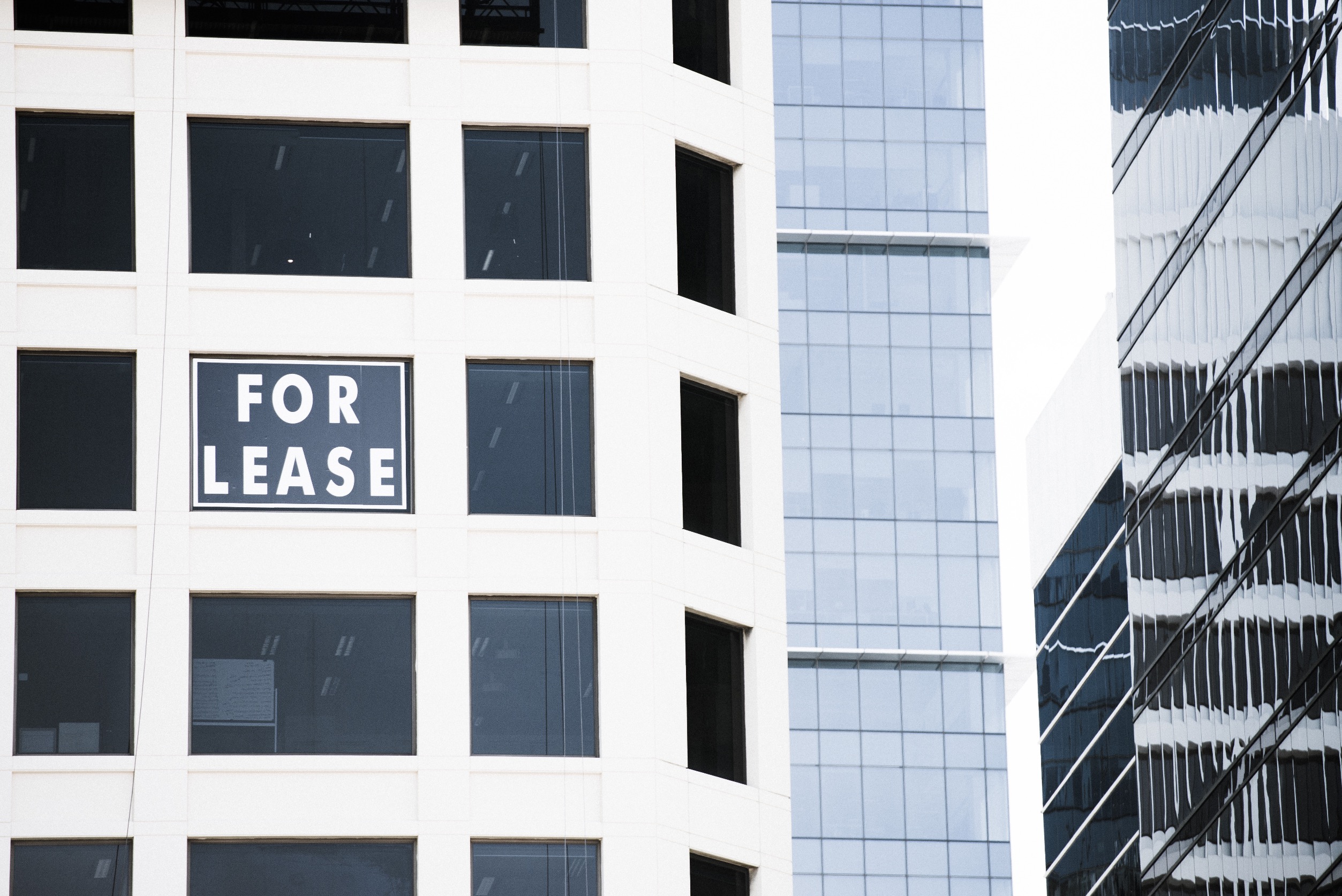The Good Guy Guaranty is a clause located in many commercial leases in New York. It is a special clause in a commercial lease agreement that allows one or multiple guarantors to be held personally responsible for timely rent and other fees to the landlord on the lease. An individual guarantor/guarantors will be “good guys” and personally guarantee the terms of the lease, paying rent and any other additional charges as they become due.
How Does it Work?
If a tenant is unable to pay rent, the tenant will give the landlord adequate notice, around three months or more, and vacate the premises. The tenant must pay the respective rent fees until they vacate the space. So long as the space is left in a good state, broom-clean condition, the landlord will not keep the tenant legally responsible for the rest of the rent payments on the lease after they vacate. If these conditions are met, the guarantors to the Good Guy Guaranty will no longer be bound by the terms. This Good Guy Guaranty does not just let the tenant break the commercial lease early, it lifts the personal responsibility of the Good Guy guarantors if all the conditions are met.
If the tenant is up to date on rent and leaves the space in broom-clean condition, the guarantors may be released from responsibilities. However, the tenant or actual entity on the lease could still be pursued legally by the landlord for breaking the lease early. The landlord is still within their right to sue the entity on the lease for the amount that would have been due in rent for the rest of the lease. However, the landlord would have no action against the guarantors under the Good Guy Guaranty because all the conditions were met. Any judgment would be against the entity/tenant and not the guarantors.
What is the Purpose of this Clause?
This clause is a tool to guarantee rent payment and is designed to alleviate the hassle of tenants breaking commercial leases. It minimizes or helps a company escape personal liability when a company. can no longer afford to pay rent. This clause puts the two parties at ease without the hassle of incurring expensive legal battles. The Good Guy Guaranty can be integral to the transaction by providing the guarantor with relief from personal liability, providing security to the landlord for a specific time, and most importantly, returning the leased property to the landlord – vacant, and unencumbered, and otherwise in the condition required under the lease. This saves the landlord the time and expense necessary to regain possession of the leased property and they can begin remarketing the property early.
Is the Good Guy Guaranty used in Florida?
It is not common to see this clause in a Florida commercial lease. However, that does not mean it cannot be used. If you want further information on the Good Guy Guaranty, see F N.Y. Prac, Landlord and Tenant Practice in New York § 4:237 to gain a better understanding.
Under Florida Law, what is a Landlord’s Duty to Mitigate Damages in a Commercial Lease?
Unlike most other states, Florida does not require a landlord to mitigate damages even in residential properties. If you, as a tenant, leave your rental before the lease is finished, the landlord can hold you responsible for all future rent payments. The landlord has no responsibility to re-rent the unit or space after the tenant leaves.
A viable option for a tenant is to find a subletter to take their place for the remainder of the lease. According to Florida law, a landlord cannot unreasonably refuse the tenant offered as a replacement.
In commercial leases, a landlord has no duty to mitigate damages. A commercial landlord is not under a duty to mitigate unless it retakes possession of the premises. Generally, a commercial landlord does not have a duty to mitigate after a tenant breaches the lease. However, there is a recognized exception where the commercial landlord retakes possession of the premises for the benefit of the tenant.
If a commercial landlord retakes possession of the premises, they have a duty to exert reasonable effort to mitigate.
What can a Commercial Landlord do if the Tenant Breaks the Lease?
Florida courts generally do not impose a duty on commercial landlords to mitigate damages arising from a tenant default.
- The landlord can retake possession of the property for their own purposes, treating the lease as terminated. Termination of the lease releases the tenant from future rent obligations left on the lease. The lease and obligations of the tenant both end. Therefore, there is no duty to mitigate damages.
- The landlord can retake possession of the premises with the goal of getting a new tenant. This secures a new tenant while keeping the breaching tenant liable for all unrecovered rent. The landlord has a duty to mitigate damages and exert reasonable effort to get a new tenant for the premises. The landlord must make a good faith effort to secure a new tenant at fair market value.
- The landlord can choose to do nothing. The landlord can continue collecting rent from the breaching tenant and has no duty to mitigate damages. However, this option is not commonly utilized. The premises could remain vacant for long without any rental income. The prior tenant may be insolvent, so the landlord doing nothing may continue to financially harm them.
See Fla. Stat. § 83.595 for more information on choice of remedies upon breach or early termination by a
tenant.








